You ever get that look from your pet—you know the one—that says, “Wow, you lying little gremlin”? Yeah, same. Whether it’s pretending their dinner is “on the way” when you haven’t even stood up yet, or promising a “fun trip” that ends in a vet lobby with your dog giving you side-eye so sharp it could slice cheese, our furry (and feathered, and scaled) companions know. Like, really know.
Turns out, your pet isn’t just a cuddle machine—they’re a walking, tail-wagging truth detector. They don’t need words. They’ve got instinct, facial recognition, and a sixth sense for betrayal. And while they may not call you out directly, the signs are all there. So if you’ve ever wondered, “Does Fluffy actually know I’m full of it?”—the answer is a hard yes. Here are 12 juicy clues that prove your pet’s been clocking your lies this whole time.
1. The Treat Test
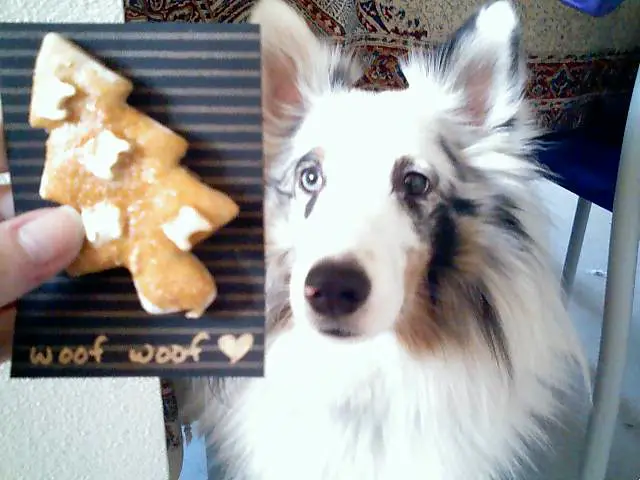
Ever tried the ol’ fake throw with your dog? You know, the classic “pretend to toss the ball but actually keep it” move? Turns out, your pup isn’t as gullible as you think. Researchers at the University of Vienna discovered that dogs can detect when humans are being deceptive. In their study, dogs were less likely to follow misleading cues from humans who had previously deceived them. This suggests that dogs can assess the reliability of a person’s actions and adjust their behavior accordingly.
So, next time you consider tricking your dog for a laugh, remember: they’re keeping tabs. Dogs have evolved alongside humans for thousands of years, honing their ability to read our cues and intentions. Their social intelligence allows them to discern not just what we’re doing, but why we’re doing it. This means that when you fake a throw, your dog isn’t just disappointed—they’re evaluating your trustworthiness. And if you keep up the deceit, don’t be surprised if they start second-guessing your every move.
2. Cats Smell Your Lies—Literally
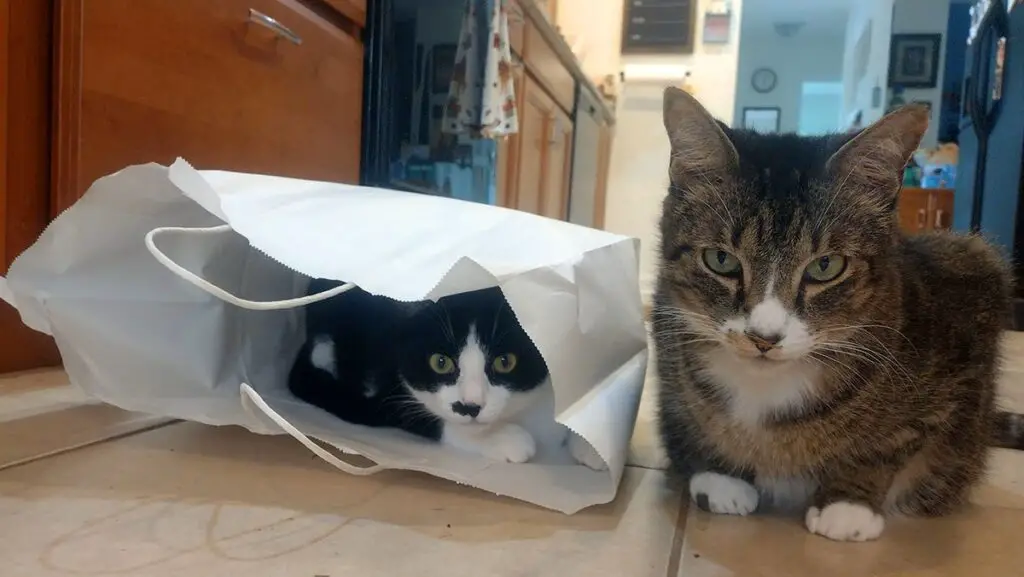
Think your feline friend is aloof and indifferent? Think again. A study by Tokyo University of Agriculture found that cats can distinguish between the scent of their owner and that of a stranger. When presented with samples, cats spent significantly more time sniffing unfamiliar human odors compared to those of their owners.
This olfactory prowess means that if you come home smelling like another cat—or perhaps a dog—your kitty will know. Cats rely heavily on scent to navigate their world, and any unfamiliar aroma can pique their curiosity or suspicion. So, if you’ve been cuddling other pets, don’t be surprised if your cat gives you the cold shoulder. They’re not just being moody; they’re processing the betrayal one sniff at a time.
3. The Silent Treatment
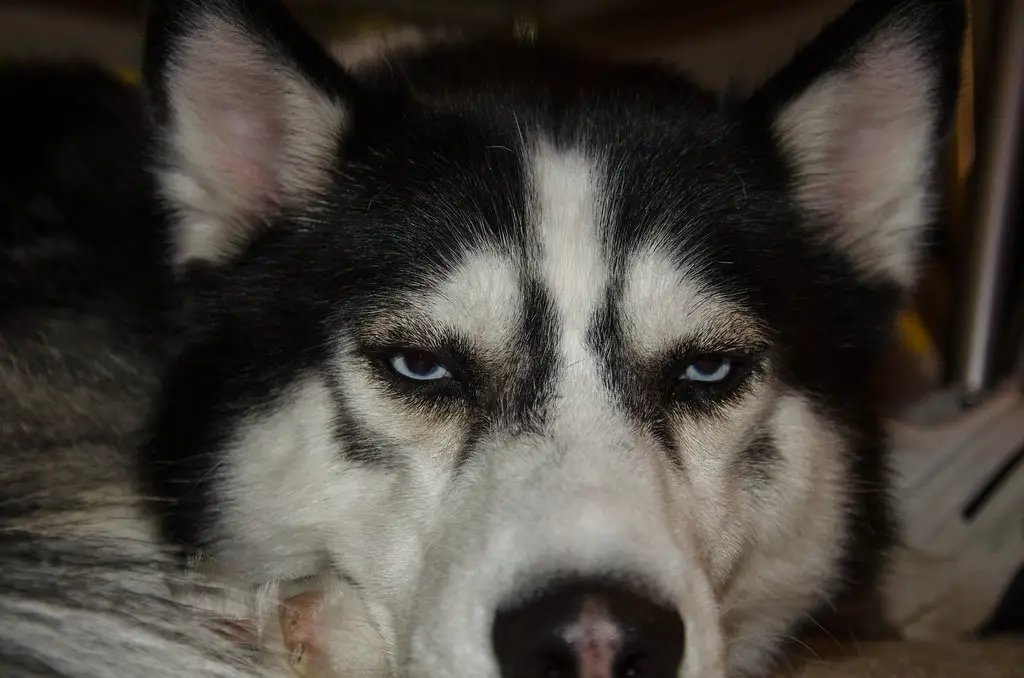
Dogs have long been dubbed man’s best friend, but that friendship comes with expectations—like honesty. A study published in the journal Animal Cognition revealed that dogs can remember when someone has deceived them and adjust their behavior accordingly. In the study, dogs were less likely to follow cues from individuals who had previously misled them.
This memory of deceit means that if you trick your dog, they won’t just forget about it. They’ll recall the incident and may become wary of your cues in the future. Dogs are constantly learning from their interactions, and repeated deception can erode the trust they’ve placed in you. So, while a harmless prank might seem funny, it could have lasting effects on your bond.
4. The Emotional Barometers
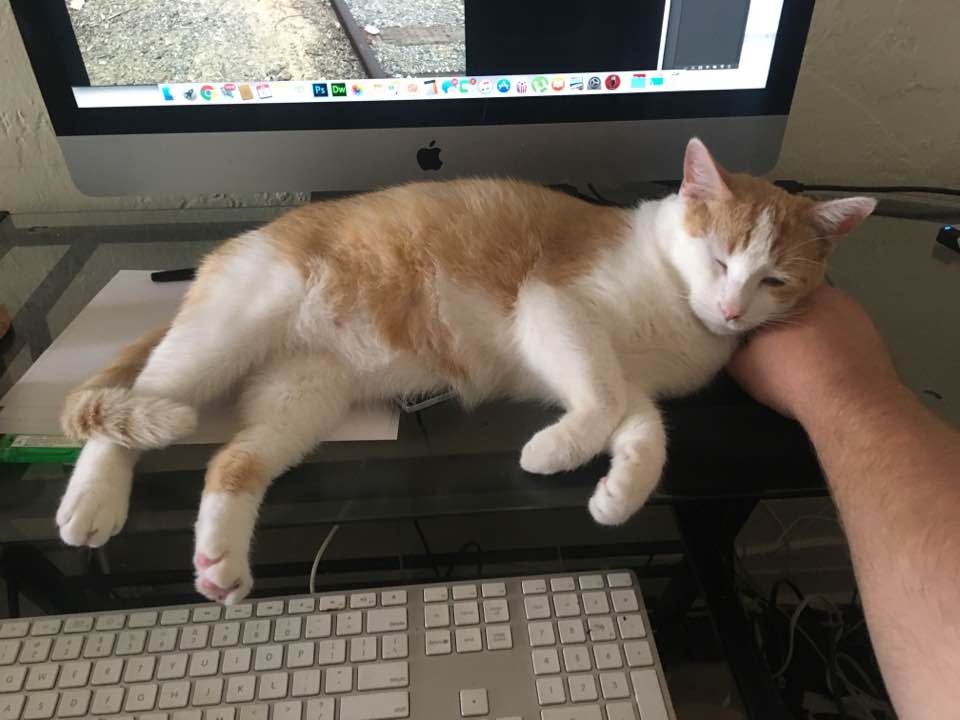
While cats often get a reputation for being indifferent, they’re actually quite attuned to human emotions. According to Feliway, has shown that cats can recognize changes in their owner’s mood and adjust their behavior accordingly. For instance, cats may become more affectionate when their owners are feeling down, offering comfort in their own unique way.
This sensitivity means that your cat is observing you more closely than you might think. They’re picking up on subtle cues—like changes in tone, posture, and routine—to gauge your emotional state. So, if you’re trying to mask your feelings, don’t be surprised if your cat sees right through the facade. They’re not just lounging around; they’re keeping a watchful eye on their human.
5. The Theory of Mind
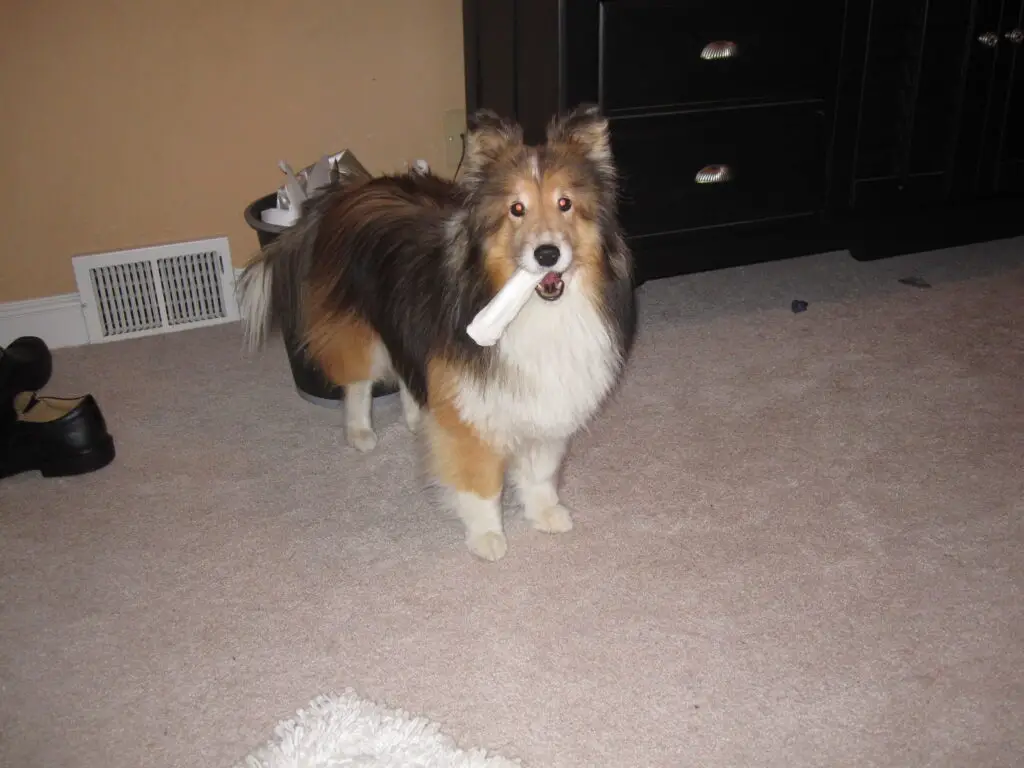
The concept of “theory of mind” refers to the ability to attribute mental states—like beliefs, intents, and desires—to oneself and others. While this was once thought to be a uniquely human trait, studies suggest that dogs might possess a rudimentary form of it. Research by the American Kennel Club indicates that dogs can differentiate between a human who is intentionally withholding information and one who is simply uninformed.
This means that your dog isn’t just reacting to your actions; they’re interpreting your intentions. If you deliberately mislead them, they can sense the deceit. Conversely, if you make an honest mistake, they’re more forgiving. This nuanced understanding underscores the depth of the human-dog relationship and highlights the importance of trust and transparency in our interactions with our canine companions.
6. They Give You the Side-Eye When You Say “Walk”

Let’s be honest: you’ve said “walk” and then failed to follow through at least once. Maybe twice. Or, if you’re like the rest of us, daily. But your dog? They remember. The moment you casually drop the W-word and don’t immediately head for the leash, their whole demeanor changes. First comes the perked ears. Then the tail wag. Then—boom—betrayal.
Cue the judgmental stare and the slow head tilt, as if to say, “Oh really, Susan?” That side-eye isn’t confusion—it’s evaluation. They’re watching to see if you’re actually worth trusting with future promises. Miss too many of them, and don’t be surprised if your dog stops reacting at all. Or worse—grabs the leash themselves and shames you with it. Dogs are drama kings in fur coats, and they know exactly how to make you feel like the worst person alive. It’s not just about the missed walk—it’s about the broken trust.
7. They Disappear When You Pretend It’s “Just a Bath”
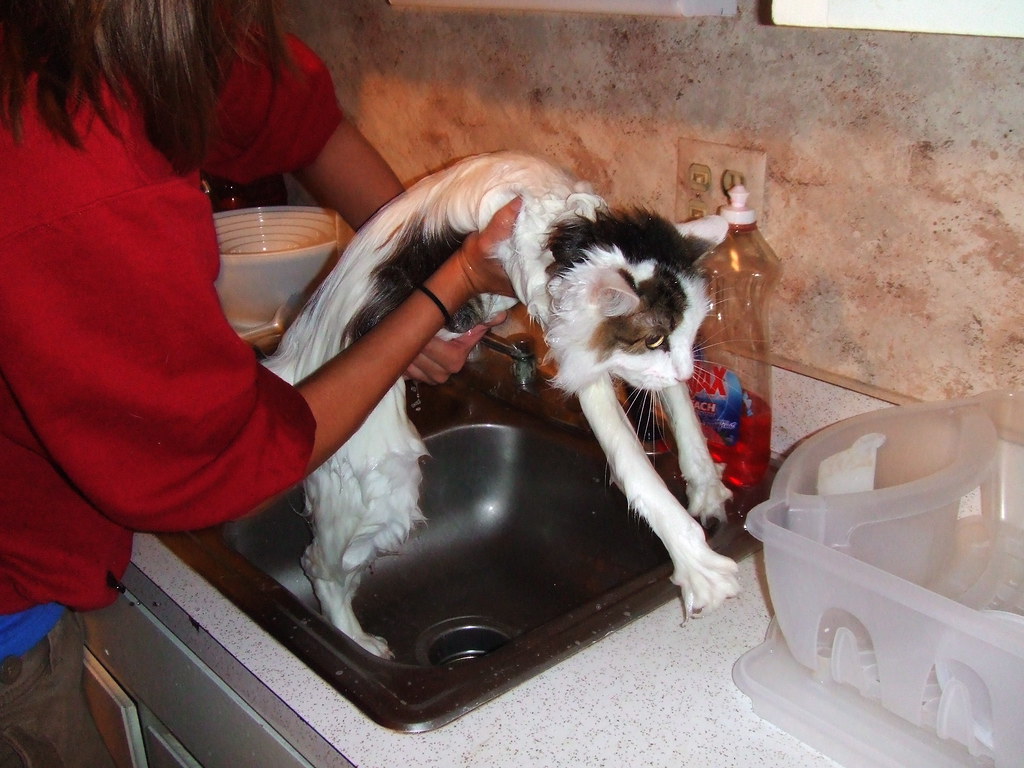
Oh, so you thought you could casually lure your cat into the bathroom without consequences? Cute. Cats are walking lie detectors with fur. The second your voice goes an octave too high—“C’mere, sweetie!”—they know something’s up. You think you’re being stealthy, but your cat has already mentally packed their escape bag. By the time you’ve turned on the faucet, they’re under the bed plotting revenge.
You see, cats associate tone and routine patterns with specific outcomes, and bath voice is a dead giveaway. The avoidance? That’s not instinct—it’s strategy. They’re weighing the risk vs. reward of your nonsense. And if you do manage to catch them? Enjoy the bath time claw-fu and the cold shoulder afterward. You earned it. And don’t be surprised if they knock over a glass later as emotional retribution.
8. They Ignore Commands After You Break Promises

Pets are creatures of habit—but also of loyalty. And when that loyalty gets tested, you’ll feel it. Ever notice your dog suddenly “forgetting” how to sit or stay? It’s not early-onset amnesia—it’s passive resistance. Animals, especially dogs, tie obedience to trust. If you constantly promise treats and deliver zip, they start checking out.
It’s like ghosting, but fluffier. You’ll give a command, and they’ll just blink at you like, “Try again, fraud.” This isn’t about discipline—it’s about emotional consequences. They’re not here for your empty incentives. If you want the sit, you better bring the biscuit. Or at least stop lying about car rides being “fun.” Break the trust enough times, and you’ll be the one doing tricks for attention.
9. They Start Watching You More Closely
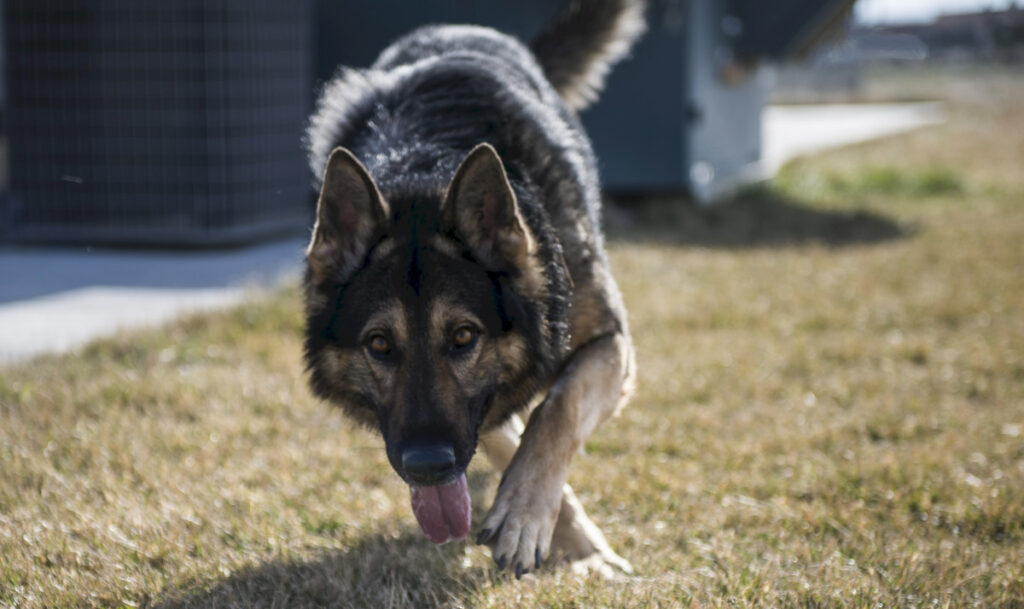
Lying once or twice might not tip the scales—but make it a pattern, and your pet goes into full-on surveillance mode. Suddenly they’re watching you like you’re the next Netflix thriller. They track your movements, side-eye your snacks, and hover when you pick up your keys. Why? Because you’ve become unpredictable, and animals hate unpredictability. Your pet wants to trust you, but if you keep pulling bait-and-switch routines, you go from “loving human” to “suspicious character.”
You’ll feel those little eyes on you constantly. It’s not love—it’s low-level paranoia. And that scrutiny? That’s your pet’s way of regaining control. They’re running their own internal Yelp review on you, and right now you’re trending one star. Regain their trust, or prepare to live in a constant state of pet-powered surveillance.
10. They Use Guilt Like a Weapon
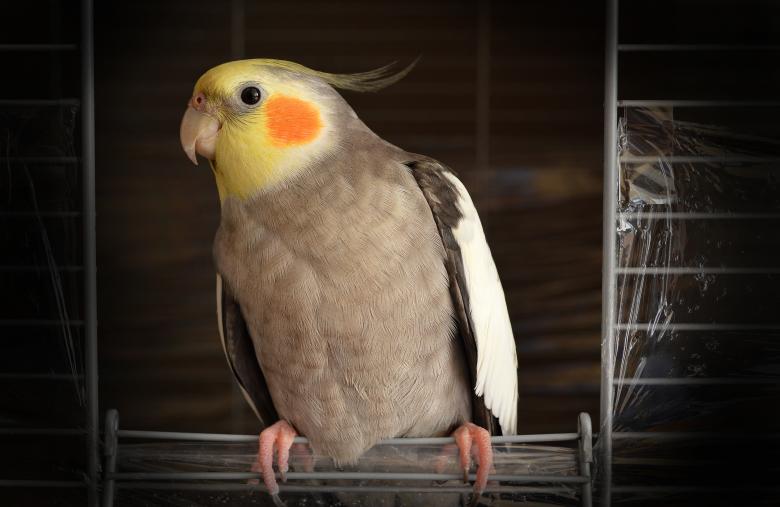
If pets could talk, they’d say, “I’m not mad. I’m just disappointed.” You’ll see it in the drooped ears, the slow tail wag, the heavy sigh as they lay down just out of reach. It’s basically emotional blackmail, and it works. They’ve learned that dramatic displays of sadness make you crack faster than any punishment ever could.
And it’s not random—your pet deploys this move specifically after catching you in a lie. Didn’t take them to the dog park? Cue the Oscar-worthy performance. Told your bird you’d play and then binged a Netflix show instead? Here comes the cold shoulder and silent judgment. You’ll feel the guilt like a thousand tiny paws on your conscience. The worst part? You deserve every second of it. They know it, and deep down, so do you.
11. They Associate Your Lying Voice with Letdowns
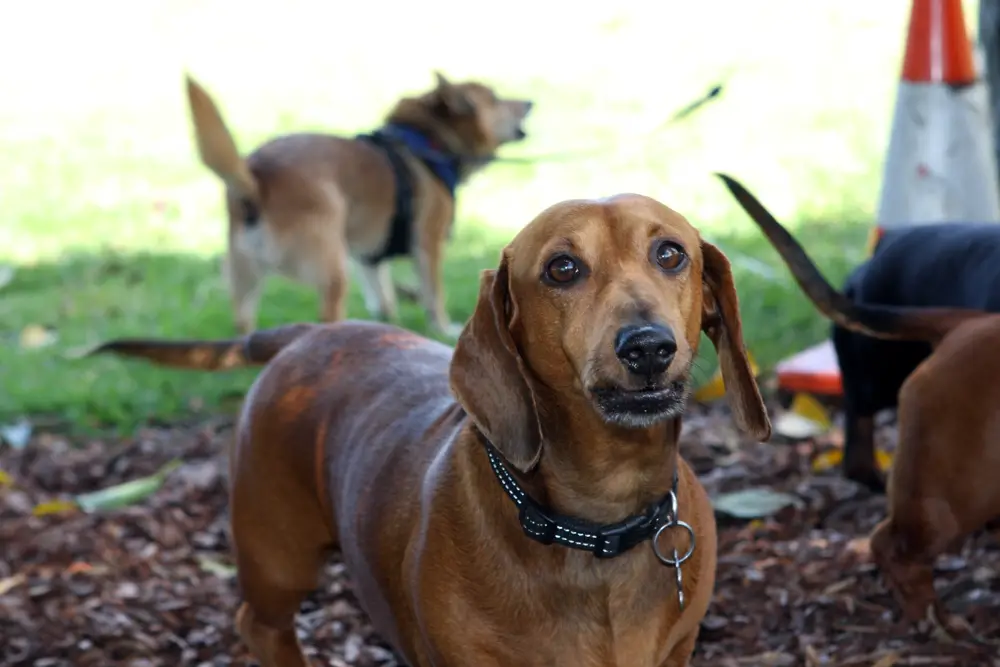
Pets are vocal pattern experts. You might think your “I swear I didn’t eat your treat” voice sounds totally convincing. But to your pet? It’s neon-lit, airhorn-blasting proof you’re full of it. They recognize the subtle shifts in pitch, pace, and even volume that come with lying. That slightly too cheerful “let’s go” when you’re heading to the vet instead of the beach? Busted.
They clock those inconsistencies faster than you can say “Who wants to go outside?” And once they’ve paired that voice with a bad outcome, it’s game over. From then on, they brace for disappointment every time you open your mouth. It’s not you—it’s your fake voice. So maybe drop the act. They can handle the truth better than you think. Honestly, they’d prefer a blunt “We’re going to the vet” over false enthusiasm any day.
12. They Start Testing You
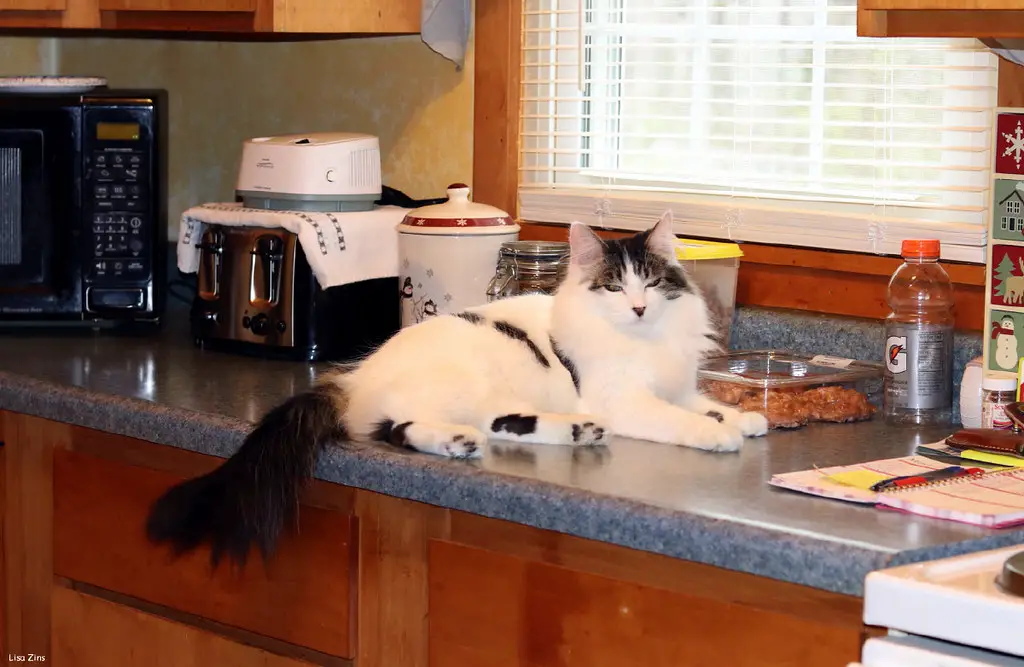
Here’s the wildest twist—once your pet figures out you’re full of it, they start testing you back. They’ll push boundaries just to see how consistent (or not) you really are. Suddenly your cat’s knocking things off shelves on purpose. Your dog “forgets” commands he’s known since puppyhood. It’s not bad behavior—it’s an audit. They’re testing whether the rules still apply, or if your word means nothing now.
Think of it as karmic quality control. And if you flake again? Welp, you just confirmed their suspicions. Pets don’t need to yell. They challenge you in ways that make you feel the flop. So be honest, even if it’s just about bath time. They’ll respect you more for it. And hey, you might even earn back your five-star rating.
